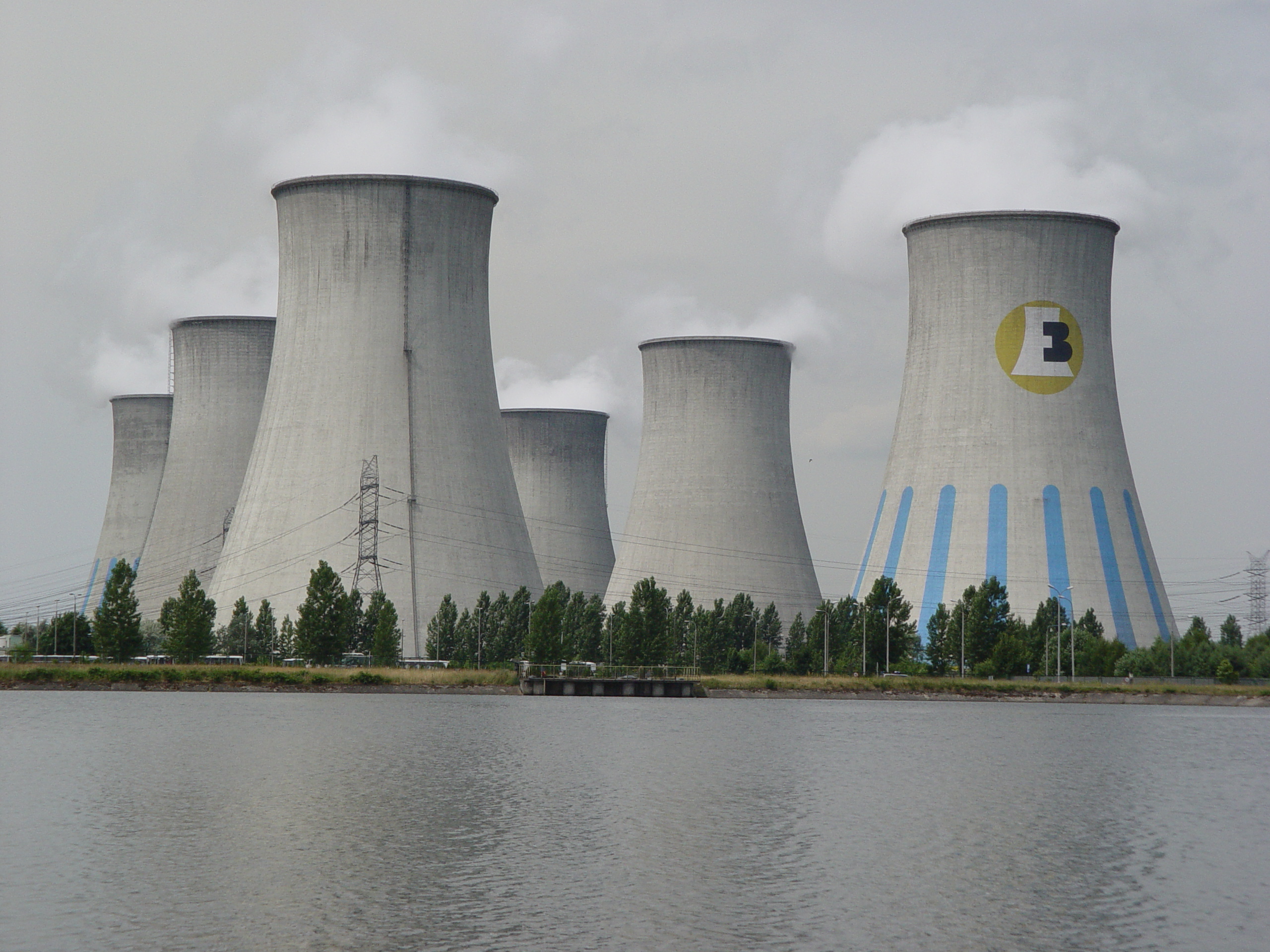Idle computers don't waste energy
Because energy can't be created or destroyed

The US Environmental Protection Agency has blamed PCs for wasting $2.8billion a year in electricity. That's not the cost of running the computers, it's the electricity consumed when they are left switched on but unused. The damage to the environment, it claims, is equivalent to an extra 4 million cars on the road.
But hold on, let's back up a minute. The electricity "wasted" by idling computers is emitted as heat. Unless your computer is emitting x-rays or neutrinos or some other exotic particle that can pass through the walls of your house, that heat is trapped by the building. Provided that your PC runs hotter than the ambient temperature of the room, it is helping to warm that room. If the heating in your house is thermostatically controlled, then the energy used to power an idling PC should be exactly balanced by the energy saved by the central heating.
In the summer, when the central heating is off, that energy will be wasted (and if you have air conditioning, it will be wasted twice over because you'll need to use extra energy to extract the waste heat). But for autumn, winter, spring and all but four weeks of the summer in the UK, all that extra heat is perfectly recycled.
In fact, it's even better than that. Coal-fired power stations make up about 40 per cent of power generation in the UK. And these need to run day and night, regardless of demand. In order to be able to cope with the daytime peak load, the national grid produces more energy at night than the nation needs. That carbon dioxide goes into the atmosphere, whether you plug in an appliance to use the electricity or not. Leaving your computer switched on just moves some of that waste heat away from the power station and into your home.
Don't get me wrong - you'll still be billed for that electricity your idling desktop uses. The EPA estimates it at about £25 per PC per year. But some of it can be offset against your lower gas bill and (at night anyway) it's not increasing your carbon footprint. So you can sleep easy.
Provided the drone of the fans doesn't keep you awake.
Sign up for breaking news, reviews, opinion, top tech deals, and more.